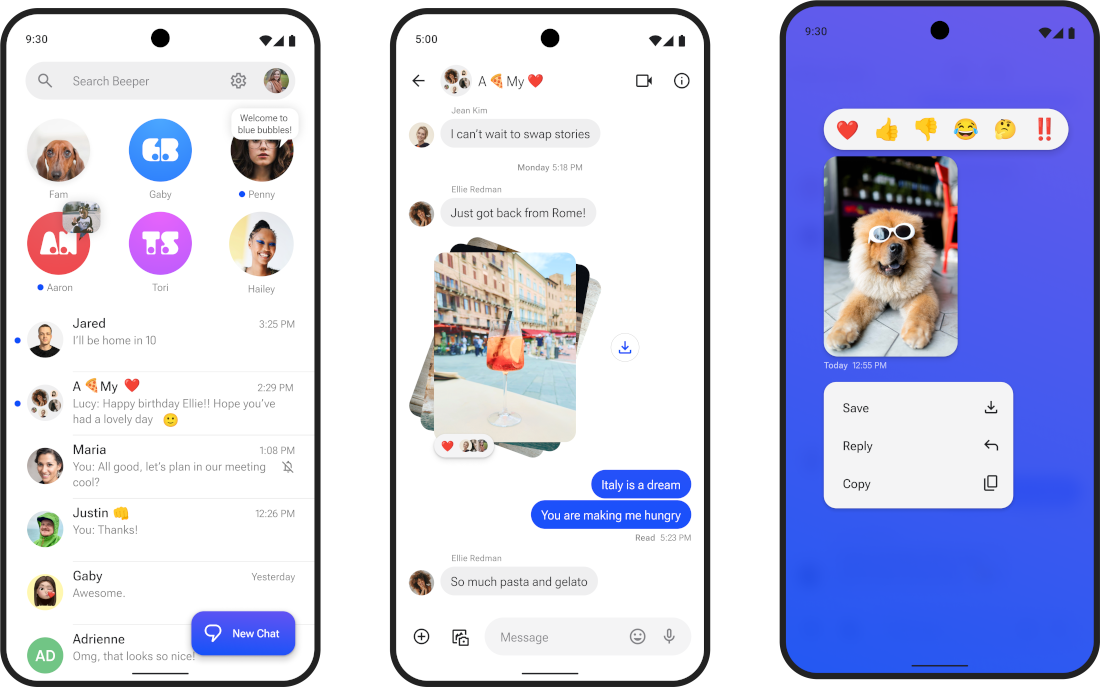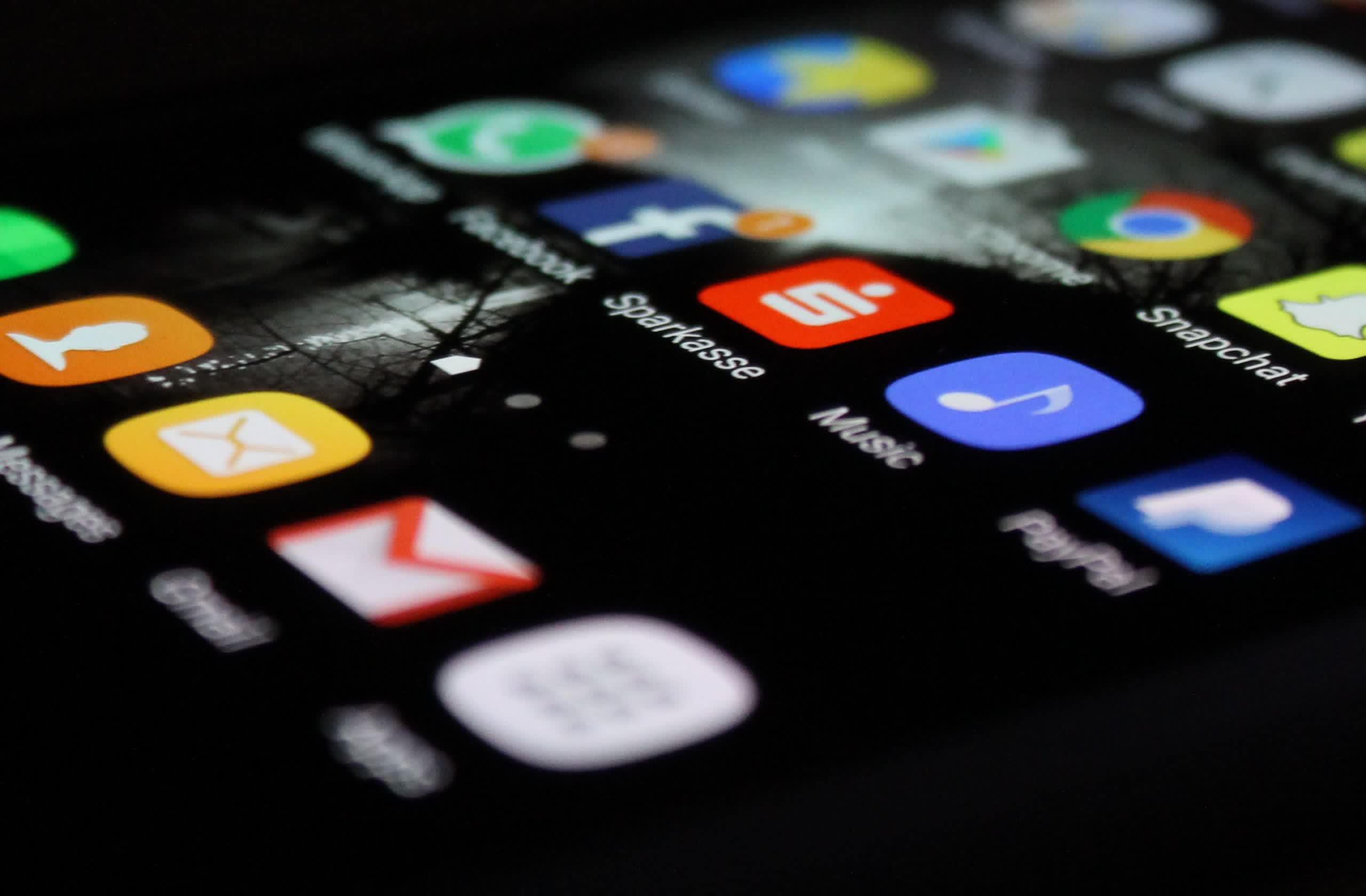Why it matters: Recent developments make it clear that iMessage won't come to non-Apple devices for the foreseeable future. The Cupertino giant's messaging service has dodged looming European regulations, and two third-party attempts to circumvent iMessage's Apple exclusivity have failed. However, Android phones sending messages to iPhones will soon no longer be stuck with SMS.
Apple appears to have shut down a messaging service that attempted to bring iMessage features to Android users. Furthermore, the European Commission has indicated it will not force the company to make its messaging service cross-compatible.
Currently, Android users who send text messages to people with Apple devices can only use SMS, which lacks features like end-to-end encryption, high-quality media, read receipts, and more. While services incorporating such functionality, like Android Messages, WhatsApp, and Facebook Messenger, are available on Android and other platforms, Apple restricts iMessage to iPhones, iPads, and Macs to keep users locked onto the company's devices. The policy has frustrated companies like Google, Meta, and several telecoms.
The latest effort to bring iMessage to Android came from Beeper after a high school student named JJTech reverse-engineered the service's protocols. The company's Android app, Beeper Mini, promised to provide functions like end-to-end encryption, group chats, full-resolution media, read receipts, and more when communicating with iPhone users.

However, less than a week after the service launched, users reported experiencing outages. Beeper CEO Eric Migicovsky later told TechCrunch that his information suggests Apple has blocked the company's service.
Smartphone vendor Nothing made an ill-fated attempt to emulate iMessage on Android a few weeks ago through a chat app exclusive to the Nothing Phone 2. However, security researchers soon discovered large security holes in the service, prompting Nothing to pull the app.
Meanwhile, Google, Meta, and European telecom providers hoped the European Union's recently passed Digital Markets App would force Apple to enable compatibility between iMessage, WhatsApp, Facebook Messenger, and potentially other services. The DMA stipulates that digital services that reach a critical level of popularity cannot employ walled gardens.
When the law takes effect next year, it will apply to software like iOS and Safari but not iMessage. After a months-long investigation, EU officials will likely determine that iMessage isn't widespread enough in Europe to warrant regulation under the DMA.
However, Apple doesn't intend to leave Android-to-iPhone conversations stuck on SMS much longer. The company recently announced that it will begin supporting RCS messaging next year, bringing features like encryption, read receipts, high-resolution media, and more to non-iMessage conversations.
